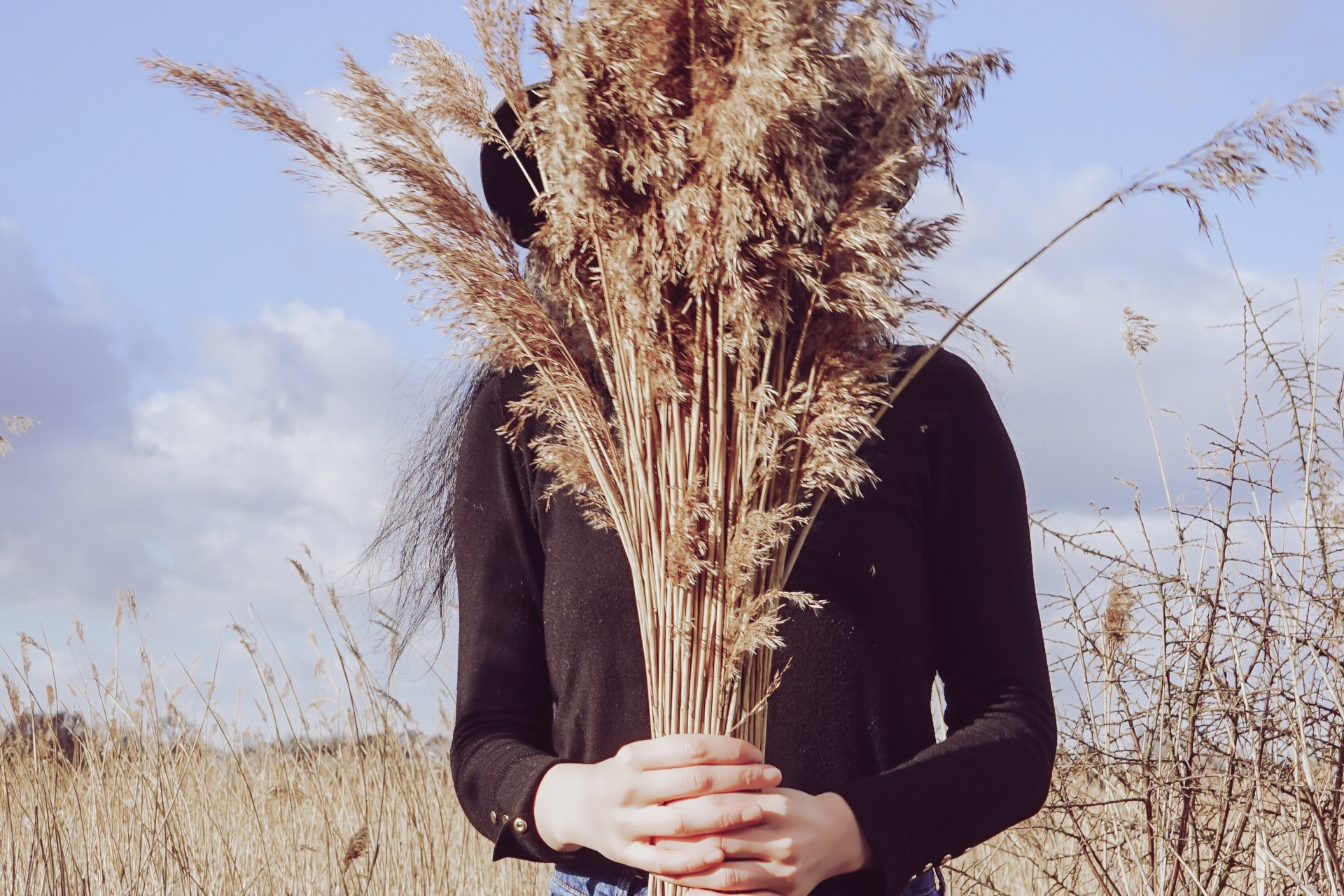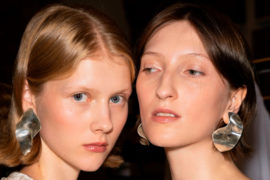
How To Tackle Hay Fever This Summer
By
3 years ago
Hey, Hay Fever

Nutritional therapist Lara Isaac offers ideas on eating your way out of the most severe effects of hay fever.
The Summer School Holidays Activities Guide
As wonderful as the warmth of summer and the waft of freshly mown grass can be, seasonal allergies can really spoil the fun for hay fever sufferers. Ranging from mildly annoying to truly debilitating (not to mention difficult to distinguish from Covid-19), symptoms include itchy/watery eyes, a blocked/runny nose, a tickly cough, wheeziness, pressure over the cheeks/forehead and fatigue.
Symptoms develop as the body recognises pollen as a threat; on inhalation of the fine powder (which plants release as part of their reproductive cycle) the immune system mounts a ‘hypersensitive’ response, causing symptoms that can become chronic. Unfortunately, hay fever has been particularly bad this year – partly due to climate change encouraging pollen to both increase and remain in the air for longer, and partly due to lockdown limiting our exposure to general pathogens as we spent so much more time inside, in isolation.
While some of us are naturally predisposed to allergies (if you have asthma or eczema you’re more likely to suffer from hay fever), there are ways to support the immune system and reduce the severity of symptoms:
How To Tackle Hay Fever This Summer
INCREASE
Vitamin C
Upping your intake of colourful fruits and vegetables rich in vitamin C can really help. As part of the allergic response, a substance called histamine is released into the bloodstream – triggering symptoms. Vitamin C encourages histamine to be cleared from the body so higher intakes are associated with improved symptoms. Try to eat more peppers, radishes, broccoli, kale, brussels sprouts, citrus fruits and berries.
Quercetin
Another antioxidant (and therefore key for allergy support), quercetin manages the immune response and acts as a natural anti-histamine. The best sources are red onions, capers, red apples, cherries, green tea, kale, brussels sprouts and broccoli.
AVOID
Histamine-rich foods
Certain foods are naturally high in histamine and this can add fuel to the fire for sufferers. Avoid alcohol (especially beer, wine and champagne – spirits are generally better tolerated), cured meat such as bacon/salami and aged cheese.
Stress to the body
Studies have found that stress has a detrimental effect on the immune system, prompting us to over-produce cortisol as well as histamine. Remember, the nervous system can’t differentiate between emotional and physical ‘stress’, so overdoing sugar, refined foods, caffeine, alcohol, late nights and even exercise can exacerbate hay fever too.
CONSIDER
Minimising pollen exposure
Simple steps such as keeping the windows closed early in the morning (when pollen is being released into the air) and in the evening (as it settles to the ground again) are worth trying. It’s also best to wash your hair and clothes after spending time outside when the pollen count is particularly high. Another tip is to put a small amount of lip balm on the inside of each of your nostrils to act as a pollen-barrier.
Personalised Nutritional Advice
If you’re someone who really suffers, it may be that you need to address underlying imbalances in your gut or nervous system. Working with a Nutritional Therapist can allow you to address the root cause (whether this be a poor gut microbiome or an issue with the body’s stress response) and find relief faster – particularly if any deficiencies in nutrients such as omega 3, vitamin D and zinc are suspected. Ultimately, a holistic, mind-body approach is optimal in breaking the cycle of inflammation, freeing you from unwanted symptoms.
Find Lara: lagombylara.com
The Best Healthy Restaurants in London / An Expert’s Guide To Good Gut Health



